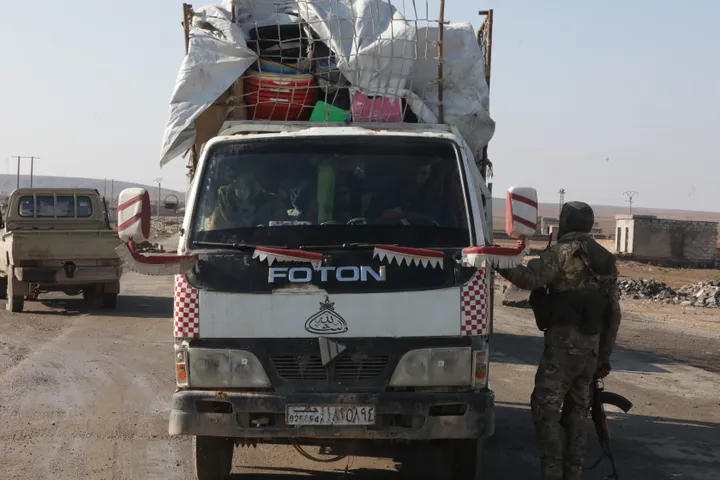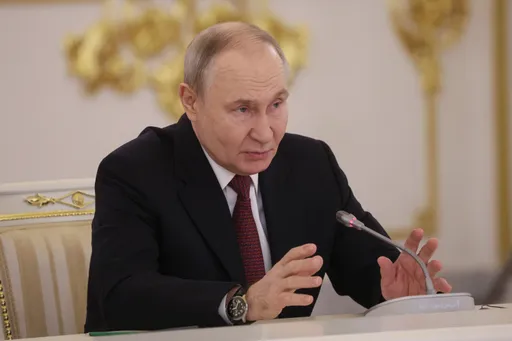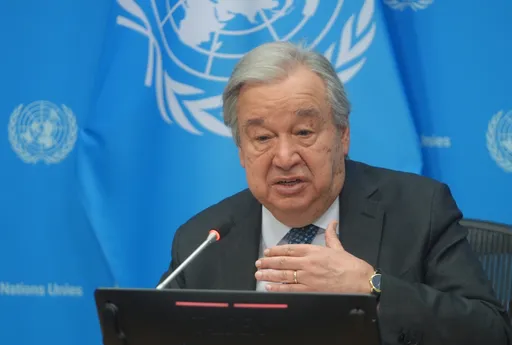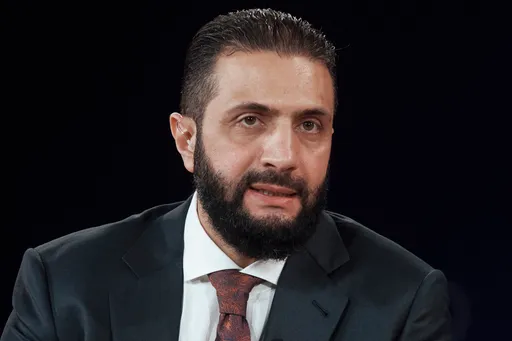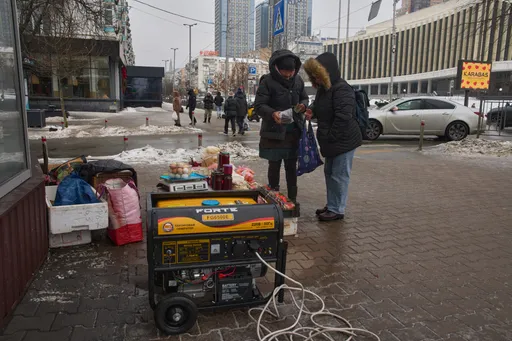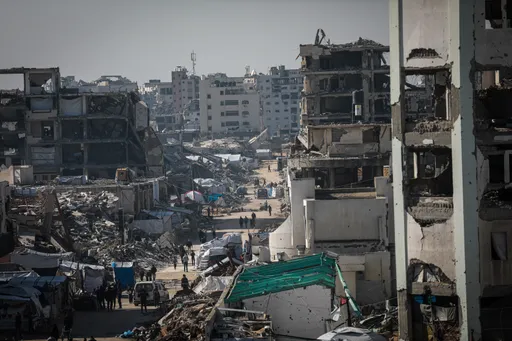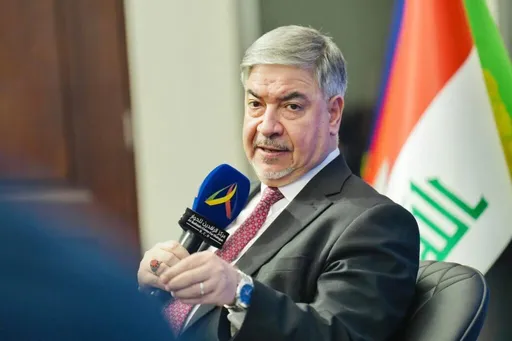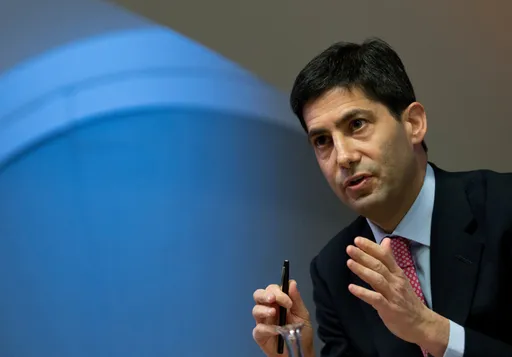NATO chief Jens Stoltenberg said on Tuesday the alliance was expelling seven Russian diplomats to show that Moscow faces "costs and consequences" over a nerve agent attack on a former spy in Britain.
Stoltenberg announced the maximum size of the Russian mission to NATO would also be slashed by a third, from 30 to 20, as part of international measures to punish Russia over the poisoning of Sergei Skripal.
"I have today withdrawn the accreditation of seven staff of the Russian mission to NATO. I will also deny the pending accreditation request for three others," Stoltenberg told a news conference at NATO headquarters in Brussels.
"This sends a clear message to Russia that there are costs and consequences for its unacceptable and dangerous pattern of behaviour," the former Norwegian prime minister added.
TRT World'sPhilip Owira reports.
'Underestimated unity of NATO allies'
The moves pile yet more pressure on Moscow after two dozen countries around the world united in mass expulsions of Russian diplomats over the attempted assassination of Russian double agent Skripal and his daughter Yulia with a nerve agent in the English city of Salisbury on March 4.
Britain has said the Skripals were poisoned with the Soviet-developed nerve agent "Novichok", though Russia has denied involvement.
Stoltenberg said Russia had "underestimated the unity of NATO allies," adding that the mass expulsions would have a material impact on Russian operations.
"The practical implication is that Russia will have a reduced capability to do intelligence work in NATO countries and in those countries they are expelled from," Stoltenberg said.
But Stoltenberg, who said earlier this month he did not want a new Cold War with Moscow, said the alliance planned to continue its "dual-track approach of strong defence and openness to dialogue" with Russia.
Russian Foreign Minister Sergei Lavrov on Tuesday accused Washington of applying "colossal pressure" to achieve the massive, coordinated international response to the poisoning.
A number of countries including the United States said the Russian diplomats they were throwing out were actually undeclared spies.
Relations between NATO and Russia were already at a low ebb over Moscow's annexation of Crimea and its role in the Ukraine and Syria conflicts.


